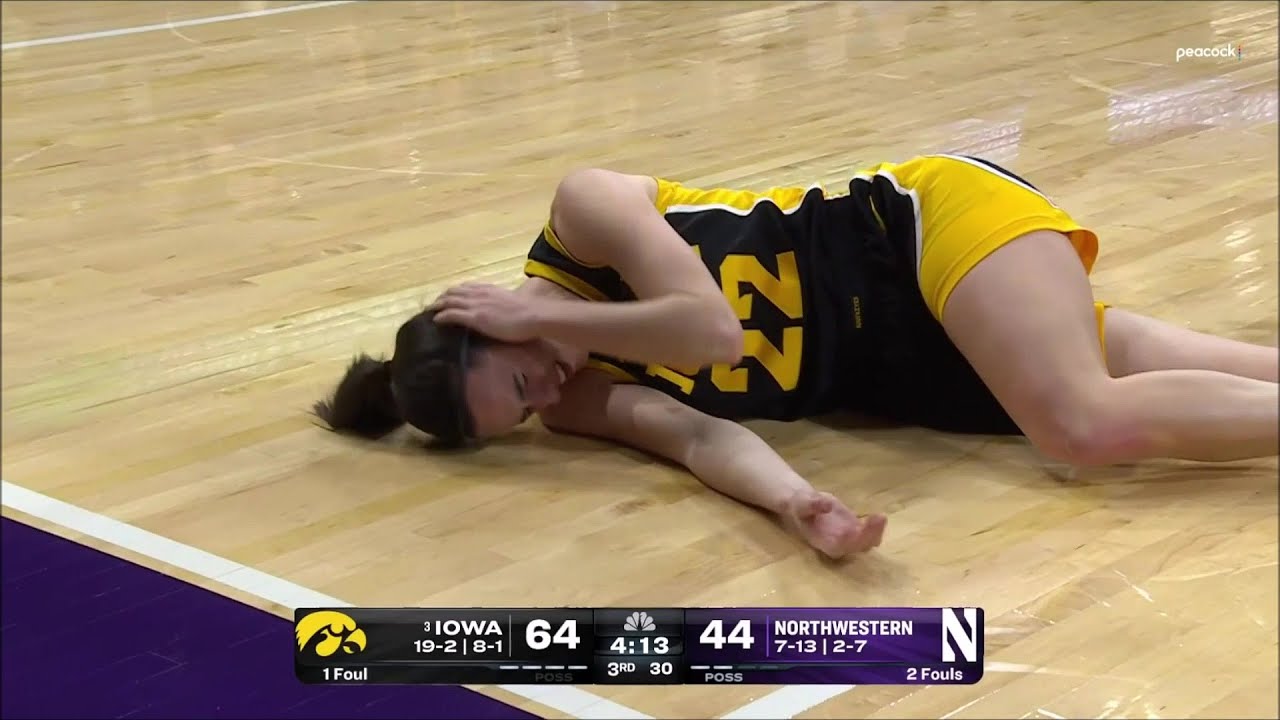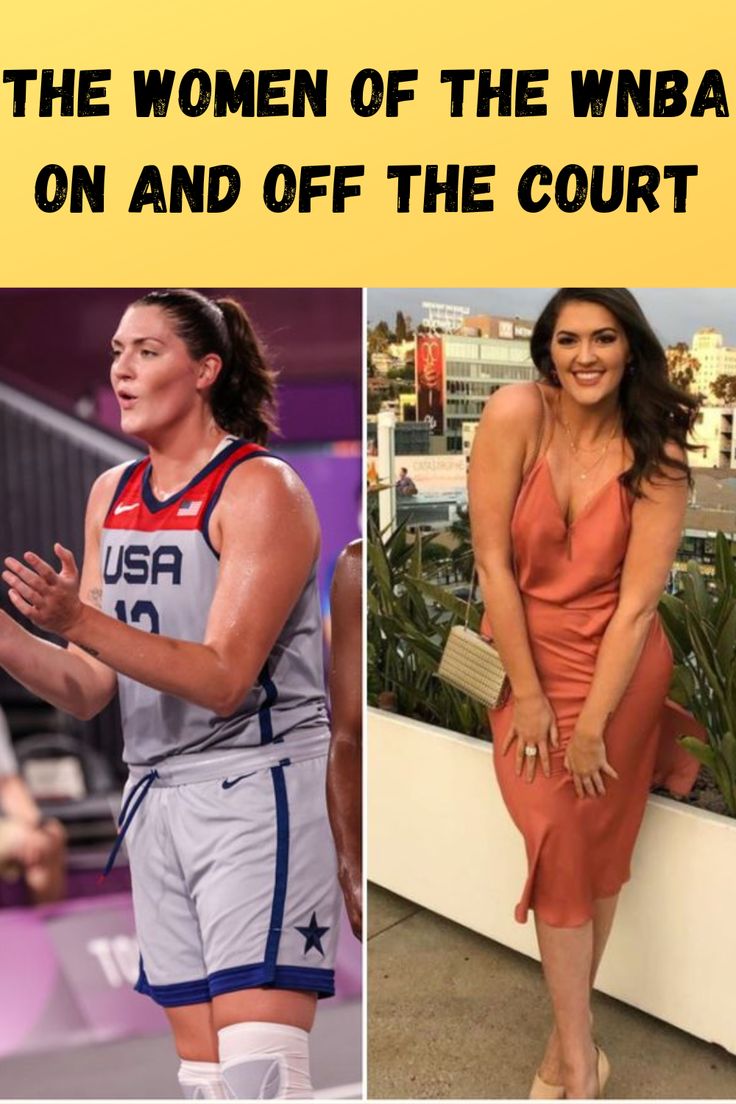
The Fallout from the Clark-Reese Foul: A Basketball Controversy or a Race Debate?
The recent clash between Angel Reese of the Chicago Sky and Caitlin Clark of the Indiana Fever has ignited a heated conversation in the world of basketball. During a recent matchup, Reese made contact with Clark during a lay-up attempt, which was initially ruled a common foul. However, following a review, the officials elevated it to a flagrant-1 foul, spurring a flurry of reactions across social media platforms. The Fever ultimately claimed victory with a score of 91-83, but the incident is what has truly captured the spotlight.
 Angel Reese’s controversial play against Caitlin Clark
Angel Reese’s controversial play against Caitlin Clark
Former NFL quarterback Robert Griffin III weighed in on the situation, marking it as more than just a contentious moment in a game. He expressed on social media,
“Caitlin Clark and Angel Reese are being used in a race war that is not fair to either athlete or the game of basketball. Why do you think the discourse around Caitlin Clark, Angel Reese, and the WNBA is 99% about everything but the basketball being played?”
Griffin’s remarks have provoked further inquiry into the underlying narratives that are shaping discussions around both players. The nature of the foul not only speaks volumes about the game itself but also about how racial dynamics can skew perceptions within sports. It raises the question: are discussions about race overshadowing the pure sporting event?
The Impact of Officiating on Game Dynamics
After the game, Reese defended her actions, calling them just part of a regular basketball play. “I can’t control the refs, and they affected the game, obviously, a lot tonight,” she said. Her frustration mirrors that of many players who often find themselves at the mercy of officiating decisions that can tilt the balance of a closely contested match.
Reese highlighted a broader pattern regarding officiating, suggesting that some players may have inherent advantages when it comes to calls made during games. She claimed, “Going back and looking, I’ve seen a lot of calls that weren’t made; I guess some people get a special whistle.”
Clark, on the other hand, downplayed the significance of the foul, stating, “It is what it is. You know, she’s trying to make a play on the ball and get the block.” This reaction suggests a level of understanding and acceptance of the physical nature of the game. The inability to control every decision made by referees is something all athletes must contend with.
Caitlin Clark demonstrates resilience on the court
The Broader Context of Basketball Discourse
This incident has sparked a broader conversation within the realm of women’s basketball, especially as players like Clark, who has gained recognition for her skills, find themselves at the center of discussions that extend beyond the game. The narratives about race, gender, and societal expectations often intersect in unpredictable ways, sometimes detracting from the athletes’ achievements.
As discussions about the WNBA heat up, it’s crucial to understand that the spotlight on these players for their respective skills is sometimes overshadowed by narratives that may not hold weight in the context of their performance. As Griffin III suggested, the focus often shifts from the game itself to broader societal issues that, while important, can misrepresent the reality of the sport.
Conclusion: Navigating the Aftermath
As the dust settles from this controversial moment, it’s evident that the intersection of sport and societal issues will continue to be a double-edged sword for athletes like Clark and Reese. Moving forward, it is essential for fans, analysts, and commentators to strike a balance between discussing race and recognizing the athletic prowess of these individuals on the court.
It’s a call for reflection on how we consume and commentate sports: focusing less on the narratives that can divide and more on the incredible talent that these athletes bring to the game. The debates surrounding Clark and Reese reflect not only on individual moments in sports but also the larger framework of how society engages with athletes and their respective sports.
In the arena of women’s basketball, may the focus remain on the art of the game itself, and let the athletes’ skills and hard work be what truly stands out.
 Illustrating the competitive spirit of the WNBA
Illustrating the competitive spirit of the WNBA
The implications of the Clark-Reese incident resonate far beyond a single game, and it is vital that as a community, we first appreciate the sport before delving into the necessary conversations about race and representation. Only then can we foster an environment that allows basketball—and its players—to thrive without the burden of societal debate overshadowing their feats.















